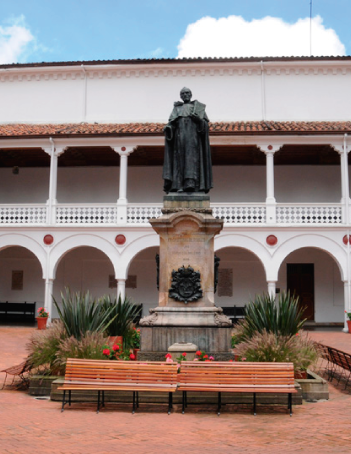Incluye referencias bibliográficas e índices
pt. 1. What makes cities intelligent? drivers of spatial intelligence of cities -- pt. 2. Planning for intelligent cities : connecting bottom-up and top-down perspectives -- pt. 3. Strategies and governance : innovation-for-all into smart environments.
"This book concludes a trilogy that began with Intelligent Cities: Innovation, Knowledge Systems and digital spaces (Routledge 2002) and Intelligent Cities and Globalisation of Innovation Networks (Routledge 2008). Together these books examine intelligent cities as environments of innovation and collaborative problem-solving. In this final book, the focus is on planning, strategy and governance of intelligent cities. Divided into three parts, each section elaborates upon complementary aspects of intelligent city strategy and planning. Part I is about the drivers and architectures of the spatial intelligence of cities, while Part II turns to planning processes and discusses top-down and bottom-up planning for intelligent cities. Cities such as Amsterdam, Manchester, Stockholm and Helsinki are examples of cities that have used bottom-up planning through the gradual implementation of successive initiatives for regeneration. On the other hand, Living PlanIT, Neapolis in Cyprus, and Saudi Arabia intelligent cities have started with the top-down approach, setting up urban operating systems and common central platforms. Part III focuses on intelligent city strategies; how cities should manage the drivers of spatial intelligence, create smart environments, mobilise communities, and offer new solutions to address city problems. Main findings of the book are related to a series of models which capture fundamental aspects of intelligent cities making and operation. These models consider structure, function, planning, strategies toward intelligent environments and a model of governance based on mobilisation of communities, knowledge architectures, and innovation cycles"--
Texto en ingles

Escuela de administración
Facultad de Jurisprudencia
Facultad de Ciencias
Escuela de Ciencias
Escuela de Medicina
Facultad de Economía
Facultad de Estudios
Facultad de Creación
Escuela de Ingeniería,
Otras Ofertas
 Historia y símbolos
Historia y símbolos
 Enfoque estratégico
Enfoque estratégico
 Gobierno universitario
Gobierno universitario
 Playbok - Nuestros pilares de transformación
Playbok - Nuestros pilares de transformación
 Protocolo de seguridad
Protocolo de seguridad
 Archivo histórico
Archivo histórico
 Portafolio de becas, descuentos y apoyo financiero
Portafolio de becas, descuentos y apoyo financiero
 Casa UR
Casa UR






 Proyección social
Proyección social Filantropía
Filantropía Hagámoslo posible
Hagámoslo posible

 Libro
Libro







